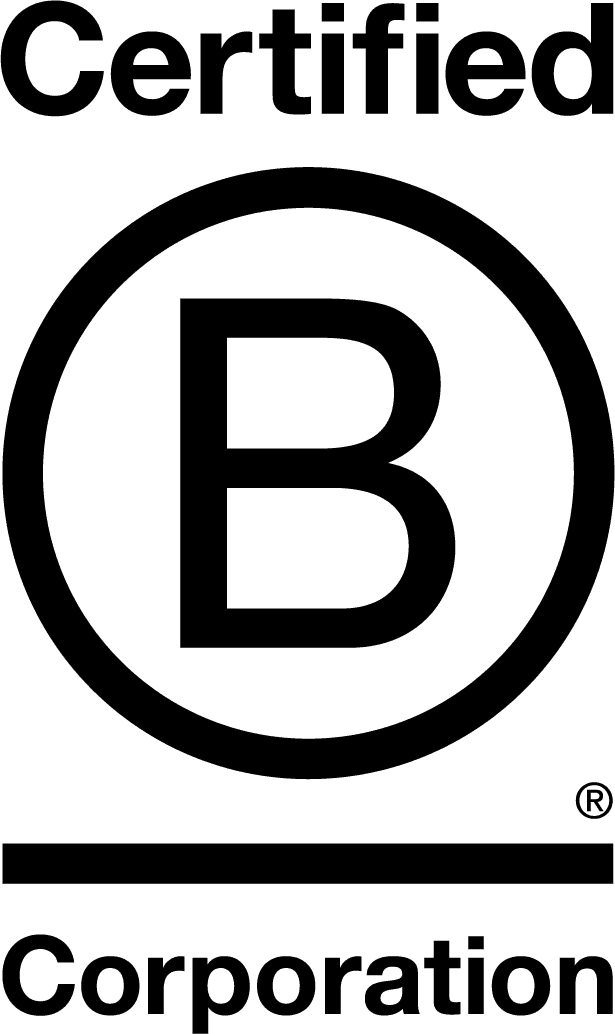

Aerofoil Energy

1.6
Cheshire East, United Kingdom
November 2025
Other renewable energy installation
Service with Significant Environmental Footprint
Australia,
Canada,
France,
Germany,
Japan,
Netherlands The,
Poland,
Singapore,
South Africa,
Spain,
Thailand,
Turkey,
United Kingdom,
United States
Aerofoil Energy Ltd is an innovative, award-winning technology company focused on improving energy and temperature performance in retail refrigeration. In 2013 the company invented the profiled Aerofoil extrusion that attaches to the end of shelves in refrigerators to save energy. In 2015 we entered into a technical partnership with Williams Advanced Engineering Ltd who bring to bear their engineering expertise and advanced modelling capabilities, complementing our own industry knowledge and understanding of the aerodynamic and thermodynamic properties of commercial refrigeration. Aerofoil technology addresses one of the most energy-intensive features of grocery retail, by transforming the performance of open-fronted multi-deck fridges. Our Aerofoil product has been rolled out in over 8,000 stores and is helping major UK retailers including Sainsbury’s, Tesco, Asda and M&S to reduce their energy consumption by 20%-25% with commensurate avoidance of CO2 emissions. The Aerofoil product has won multiple awards and in 2021 won the Queen's Award for Enterprise in Innovation. In 2021, we launched our Elite R&D project, putting together a team of highly skilled practitioners with over 150 years of combined industry expertise. Together with WAE, we have deployed some of the world’s mos
Overall B Impact Score
Governance 16.0
Governance evaluates a company's overall mission, engagement around its social/environmental impact, ethics, and transparency. This section also evaluates the ability of a company to protect their mission and formally consider stakeholders in decision making through their corporate structure (e.g. benefit corporation) or corporate governing documents.
What is this? A company with an Impact Business Model is intentionally designed to create a specific positive outcome for one of its stakeholders - such as workers, community, environment, or customers.
Workers 45.9
Workers evaluates a company’s contributions to its employees’ financial security, health & safety, wellness, career development, and engagement & satisfaction. In addition, this section recognizes business models designed to benefit workers, such as companies that are at least 40% owned by non-executive employees and those that have workforce development programs to support individuals with barriers to employment.
What is this? A company with an Impact Business Model is intentionally designed to create a specific positive outcome for one of its stakeholders - such as workers, community, environment, or customers.
Community 10.6
Community evaluates a company’s engagement with and impact on the communities in which it operates, hires from, and sources from. Topics include diversity, equity & inclusion, economic impact, civic engagement, charitable giving, and supply chain management. In addition, this section recognizes business models that are designed to address specific community-oriented problems, such as poverty alleviation through fair trade sourcing or distribution via microenterprises, producer cooperative models, locally focused economic development, and formal charitable giving commitments.
Environment 29.2
Environment evaluates a company’s overall environmental management practices as well as its impact on the air, climate, water, land, and biodiversity. This includes the direct impact of a company’s operations and, when applicable its supply chain and distribution channels. This section also recognizes companies with environmentally innovative production processes and those that sell products or services that have a positive environmental impact. Some examples might include products and services that create renewable energy, reduce consumption or waste, conserve land or wildlife, provide less toxic alternatives to the market, or educate people about environmental problems.
What is this? A company with an Impact Business Model is intentionally designed to create a specific positive outcome for one of its stakeholders - such as workers, community, environment, or customers.
Customers 2.3
Customers evaluates a company’s stewardship of its customers through the quality of its products and services, ethical marketing, data privacy and security, and feedback channels. In addition, this section recognizes products or services that are designed to address a particular social problem for or through its customers, such as health or educational products, arts & media products, serving underserved customers/clients, and services that improve the social impact of other businesses or organizations.